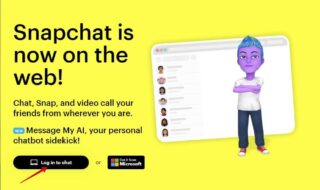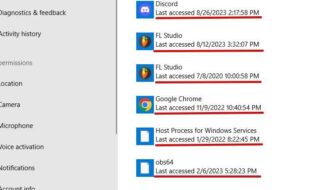Each Weather API has different requirements according to the conditions. Whether you add features showing weather data to an existing software platform or build a weather app. This article will guide you to know what type of questions you should ask before you move forward and integrate these features.

Contents
Understanding the Weather API
Weather API allows you to query weather data from codes and scripts. A decent weather API provides weather forecasts as well as historical data through a programming interface. An excellent weather API contains several weather measures, real-time weather reporting, and worldwide historical reports of past years.
Both forecasts and historical data are combined into the same entry point of the API. In addition, long-range forecast features based on statistics are easily made available for access. It is easy to write a script, app, and code or load a database to get quick access to accurate weather data.
You must provide cheaper access to everyone. The initial user who thinks to start a weather project could access this API for free. When an API provides distinct features at a cost-effective price, it becomes more popular. Many such apps provide quality weather data. In the list, tomorrow.io is one of the most popular APIs that provide reliable data for forecast or historical data.
Selecting an Ideal Weather API
If you are about to design a mobile app or a web that needs a weather forecast along with historical data, you will require an API for the purpose. It is easy and cheaper to use an API than creating and maintaining one of your own. As a web developer, you must practice employee APIs to execute various tasks in your apps.
Weather APIs are not different from map APIs in terms of versatility and integration of data sources. Every service provider gathers and processes meteorological data and then offers access to API for free. There are a few services provided that offer unique capabilities at a different cost.
Some service providers target particular communities and markets. Their unique features help agriculture, sports activities, and the pollution checking department.
Questions to Ask While Choosing a Weather API
1. Is the Weather API Providing a Comprehensive Solution?
You can answer this question based on the capabilities and purpose of a weather API. For example, do you need a general weather forecast, or do you require air quality for some purpose?
If you look to integrate some added features, you can offer a subscription service or launch new feature services. API service providers that present a comprehensive environmental picture with customized features are of more use. The early risers can gain more benefits.
2. Does the Weather API Cover Your Requirement?
Imagine the data you want to provide to your targeted audience. Does the weather API cover all that you need to satisfy your audience? For example, if you target a particular area that faces air pollution, then offering air quality data features can help your audience. Similarly, the region facing forest fire will welcome wildfire tracking features.
It is necessary to consider the decree of the data. How refined is the data delivered to you by a weather API? Does a temperature and rain forecast needed, or does your audience want visuals or other relevant features for greater engagement?
3. Is the Weather API Easy to Integrate?
Various service providers offer a trial package of a weather API. It is recommended that you try it before you use it. Consider the documentation, customer support service, account, etc., offered by the service provider, depending upon your requirement.
4. Is the Data Behind a Weather API Trustworthy?
It is better to give no information than to provide wrong information. Consider checking data reliability, data science, and downtime protection. Check whether the API service provider specifies the source and gives details of the technology used?
Check their client list and see if they have a brand name attached to them. Do they provide a thorough solution to unnecessary issues?
5. What Is Your Budget?
If you are a student learning to develop an app and looking to use a weather API for a project, go for a low-budget or free weather API.
However, a free or low-cost weather API cannot fulfill all your requirements if you are willing to provide a commercial solution.
6. Does the API Service Provider Offer Any Other Support Beyond Weather API Service?
It is necessary to enquire that your weather API service provider has the experience to work with businesses like yours? You should know that the person on the side is a professional consultant you can trust.
Businesses looking forward to integrating weather forecasts and historical data need dedicated services. At the same time, getting additional support from your API service provider is an add-on benefit.
Questioning is Necessary to Clear Doubts
The above list of questions can help you choose the best weather API. Questioning clears the doubt, but you must ask the right questions from the right person at the right time. The habit of asking appropriate questions will surely help you now and in the future.



